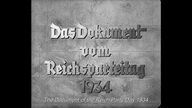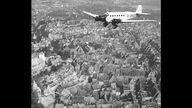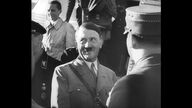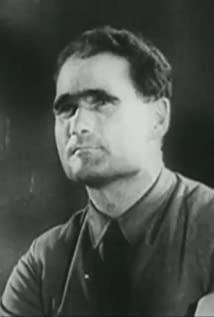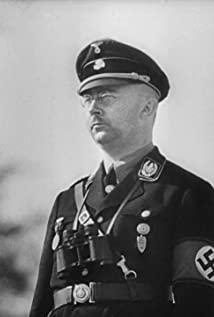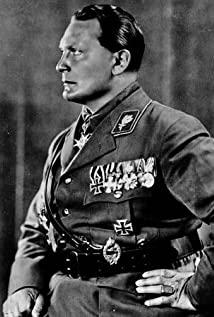On the night of watching the movie, the sports academy next door happened to hold a sports meeting. From 9:30 to 10:00, fireworks were set off for half an hour. The sky was burning red, and the crackling sound was like an accident in a firecracker factory.
Fireworks were also on my computer screen at the time, but they were black and white fireworks, and they were set off in 1934, Nuremberg. They were celebrating the "Party Week" of the National Socialist Workers' Party of Germany.
Things have changed, and despite the sensational exaggeration of the film's "toxicity" on the disc packaging, it can only be regarded as a sales ploy. The military parades and group gymnastics parades in the film may only be seen often in North Korea. The Nazis in those days had to come here every year before the 1939 War. The deepest feeling that gives people is: Hitler's physical strength is really good. You must know that the stop is four hours. For six consecutive days, there are military parades in the day and night parades, or parades in the day and night. More tired than today's campaign season. In fact, this is a classical aesthetic tactic: if a celebration can be more demagogic than a thousand flying speeches, the human and material resources consumed will not need to be calculated carefully. In those years, the German economy was not very good. The huge amount of fabrics used in the "flag ocean" still played a role in the recovery of the textile industry, right?
The giants who spoke at the Congress today seem to be a collective appearance of war criminals. I turned on the commentary track and listened to the historians introduce these either big-bellied or grumpy-faced party leaders. Some are veterans, some are farmers. Power in Germany seems to have really fallen into the hands of the proletariat. If these people did not later die in the internal struggle, they must have joined what the author of "The Rise and Fall of the Third Reich" calls the madhouse in the underground command of the Reichstag in Berlin. This madhouse also has a Ph.D., a Ph.D. in History and Literature, and Gobel, the Minister of Propaganda. Compared to Aikman in Jerusalem, this "insidious man" is actually more worth pondering. To be in the company of these down-to-earth brutes, when Berlin fell, he poisoned his six children and then committed suicide.
Arendt's theoretical question, Leifenstahl's image has already given the initial answer. Shortly before the opening, the camera is cast to the camp where the "Hitler Youth" is stationed. Pieces of white tents, looks like a Boy Scout summer camp. The teenagers who got up early were all smiles, washed and played, took their lunch boxes to make meals, and did physical exercise. As their Führer inspected them, faces of innocence, yet startlingly earnest, leaped into the picture in large close-up.
They were between 10 and 17 years old, and five years from now, at their age, they would be the main force of World War II. Today no one can count how many of them died and how many survived. Among those happy smiling faces, which will become the hideous demons in front of the Jews in the future, which will become the cruel and cruel faces in the concentration camps, which will stand as blankly in the courtroom as Ekman, which will be insane in the trenches, in the prison camp Died quietly from hunger and cold. The countless SS soldiers, soldiers, Gestapo, or vicious or stupid villains we see in film and television works are the epitome of them. It's just that those are actors, and they're here now, in their living, pre-devil form. And what turned these sunny smiling faces into monsters was precisely what brought them such joy. Belief in an idea, adoration of a person, acceptance of a certain indoctrination. It turns out that comedy and tragedy are just two names for one thing. I would rather believe that the sensitivity of this film is not the toxicity of propaganda and bewitching, but comes from a terrible common sense: evil turns out to be everywhere, in tameness, but also in happiness. This also means that the entire nation was not innocent and could not escape the blame for what happened back then.
Germany, to find its will to win, paid more than life and shame.
View more about The Triumph of the Will reviews




